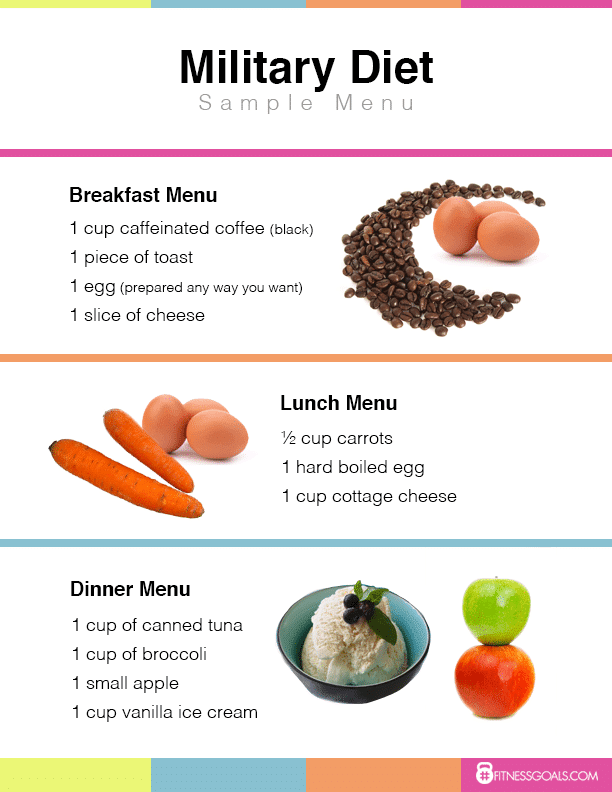Weight Loss Supplements Work
- Category Health Care
- Tag: Weight Loss Supplements
Price:
-

Delivery
Worldwide coverage or instant download to your computer -

Product
Guaranteed 100% genuine
good quality -

Bill
Provide invoice
Share
✔ Exipure is a dietary supplement made out of natural ingredients. It helps to balance the brown fat level and burn unnecessary calories. Studies show that brown tissue is notably effective in preventing obesity. Exipure medical reviews have proven this from clinical research
✔ Exipure is, therefore, a supplement formula to increase the brown fat level of the body. Unlike white fat, brown fat burns calories three hundred times faster
✔ So, there is little to no chance of storing up new fat, according to the manufacturer. And the stored fats keep burning when you have brown fat inside
۞ Exipure Official Website ۞
✰* ✰* ✰* ✰* ✰*
As exipure ingredients are natural, it is free from any synthetic component, Exipure is safe to use. Though, lactating and pregnant mothers should never take any supplements, let alone exipure
Children should also avoid taking exipure supplements. Exipure diet is not effective for them. Moreover, people with other health complicacies should consult a physician before taking the pill
Overview: Brown Fat vs White Fat
- Most herbal and dietary supplements don’t lead to weight loss, a review of existing studies has found.
- Researchers looked into data for green tea extract, guar gum, and acupuncture, among many others.
- Only 16 studies showed a difference in weight between participants taking supplements and a placebo.
- Researchers found that the weight loss was less than 1 pound for some people, and not consistent for any of the supplements examined.
Weight loss supplements come in a variety of forms, including pills, gummies, powders, and liquids, like teas.
They often tout fast and easy weight loss with a promise that you can lose inches without having to rely solely on eating a balanced diet or exercising regularly.
And they’re extremely popular. The weight loss supplement industry was worth $6.5 billion in 2020.
But do these supplements actually work?
A new comprehensive study published in the journal
In fact, it’s rare that people who take these supplements lose any weight, the research showed.
There’s been an ongoing debate about whether weight loss supplements work and whether they deliver on their promises.
In this study, researchers reviewed 315 existing clinical trials of weight loss supplements and alternative therapies as part of the study. They found most studies were biased.
Only 16 studies managed to demonstrate weight loss in participants, ranging from less than 1 pound up to 11 pounds. Weight loss was also not consistent among the study participants.
The researchers reviewed the following 12 ingredients:
- calcium and vitamin D
- chitosan
- chocolate/cocoa
- chromium
- ephedra or caffeine
- garcinia and/or hydroxycitrate
- green tea
- guar gum
- conjugated linoleic acid (CLA)
- phaseolus
- phenylpropylamine
- pyruvate
Other non-supplement therapies that were studied included acupuncture and mind-body interventions like mindfulness and meditation.
“One of the major reasons we wanted to conduct this review was to determine the quality of the evidence to guide the membership [of The Obesity Society]. The results suggest that more high quality evidence is needed before firm recommendations should be made,” said corresponding author Dr. John Batsis, associate professor in the division of geriatric medicine at the University of North Carolina (UNC) School of Medicine and in the department of nutrition at the UNC Gillings School of Global Public Health.
Sharon Zarabi, RD, program director at Northwell Health’s Katz Institute for Women’s Health in New York City and Westchester, said the study outcome was not surprising “because obesity is a very complex disease and there will never be a magic pill to cure” it.
“Even if there was a supplement, ingredient, herb, tincture, etc., that would work, supplements are not regulated by the FDA. Understanding the manufacturing practices, degree of active ingredients versus fillers, dose, quality, and efficacy, will be impossible to formulate,” she told Healthline.
Zarabi pointed out that changing your lifestyle is likely the only way to manage your weight.
“Taking a cocoa pill or ginseng supplement will never work if you don’t change your lifestyle because your body is always defending you from weight loss, and you have to be an active participant in healthy living to keep it off — even with surgical procedures (bariatric surgery),” she said.
This study joins other research questioning the effectiveness and safety of these supplements.
Australian researchers also conducted a global review of herbal and dietary supplements, examining 121 trials that included nearly 10,000 participants.
They found that taking these pills did not result in clinically meaningful weight loss, or, in other words, more than 2.5 kilograms (5.5 pounds).
The authors in the Australian review also noted that more research was needed into supplements’ long-term safety.
In addition to no evidence supporting these pills’ claims of easy weight loss, some of these supplements have been connected with significant health risks.
A 2019 study published in the Journal of Adolescent Health found that around 1,000 people ages 25 and younger experienced health issues linked to dietary supplements between 2004 and 2015.
Of that number, 166 people were hospitalized and 22 died.
The vitamin, herbal, and supplement market is not regulated by the Food and Drug Administration (FDA).
With a lack of oversight, it can be hard to tell which brands and products are of high quality, and which ones could potentially endanger your health.
The FDA brands dietary supplements as food, not as drugs. Hence, it does not evaluate their effectiveness, safety, or quality.
Little oversight for supplements
- The FDA mandates that new dietary ingredients are safe before they’re released on the market and that companies comply with Current Good Manufacturing Practices (CGMPs). But with thousands of products hitting the shelves every year, the Federal Trade Commission (FTC) cannot address all complaints and misleading claims.
- The FDA says manufacturers and distributors of supplements are responsible for ensuring that their products are safe for human consumption. But under federal regulations, the FDA itself is not authorized to test the efficacy of supplements before their sale.
- The FDA requires dietary supplements to have a “Supplement Facts” nutrition label that details each ingredient inside. But there are no rules governing the serving size or amount of nutrients. The FDA does not review this aspect, nor does it require approval.
- The FDA also does not require supplements to be standardized, meaning you could get different concentrations of ingredients in each batch.
Supplements are not in the same category as prescription, FDA approved anti-obesity medications, which include:
- orlistat (Xenical, Alli)
- naltrexone-bupropion (Contrave)
- phentermine-topiramate (Qsymia)
- liraglutide (Saxenda)
- semaglutide (Wegovy)
Not everyone who has overweight or obesity wants to lose weight. But for people who do, getting medical care can be difficult.
Experts say this new study shows why people need better access to tested weight management approaches such as behavioral therapy, dietary changes, and surgery.
And more data is still needed to understand how obesity affects a person’s overall health, and how different therapies affect long-term weight loss.
“The next steps really are for partners and stakeholders to work together — researchers, funders, industry etc. — to design high quality studies minimizing bias and evaluating efficacy,” Batsis told Healthline.
Even when there’s a proven treatment that can work for many people, it’s not always covered by health insurance, which can make it difficult for people to access.
And as with all medical treatments, they’re not going to work for everyone.
Some people who try medically approved therapies for weight loss may not actually lose weight. That may drive them to look for alternatives, such as dietary supplements.
Dr. Mitchell Roslin, chief of obesity surgery at Lenox Hill Hospital in New York City, said that many people may think that medical experts only want to push expensive drugs, but the truth is most healthcare professionals just want to follow the science.
“While your background always leads to some bias, the truth is we just want to read data, not anecdotal stories,” Roslin said.
Roslin said the nutrition and supplement industry is “full of unsubstantiated claims,” and when it comes to weight loss, “no procedure or medication compensates for a poor diet.”
He said long-term weight loss is a tough challenge, and emphasized there are no quick fixes.
“Whatever method you choose must be done forever, or [weight] regain is inevitable,” he said.
Also See: Weight Loss Supplements Best
A
In fact, it’s rare that people who take these supplements lose any significant amount of weight, the research showed.
In the United States, supplements are classified as food, not drugs, so they’re not regulated by the FDA.
Past studies have found that weight loss supplements can actually cause health issues for people taking them, and that they’re not a replacement for other proven weight loss strategies, including diet, exercise, and FDA-approved medication or weight loss surgery.









Post a Comment